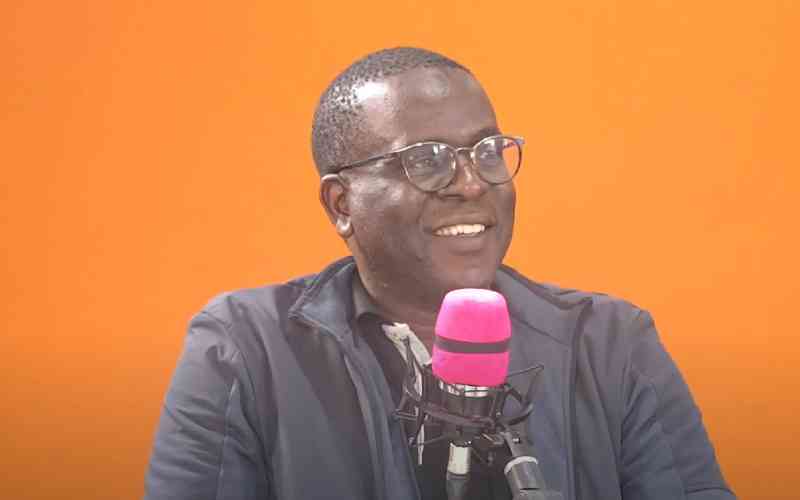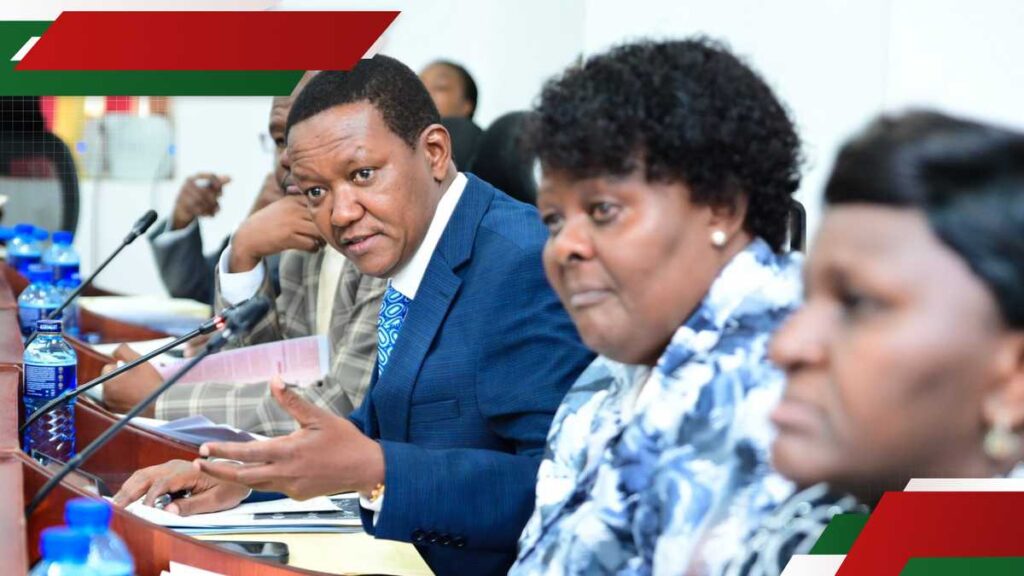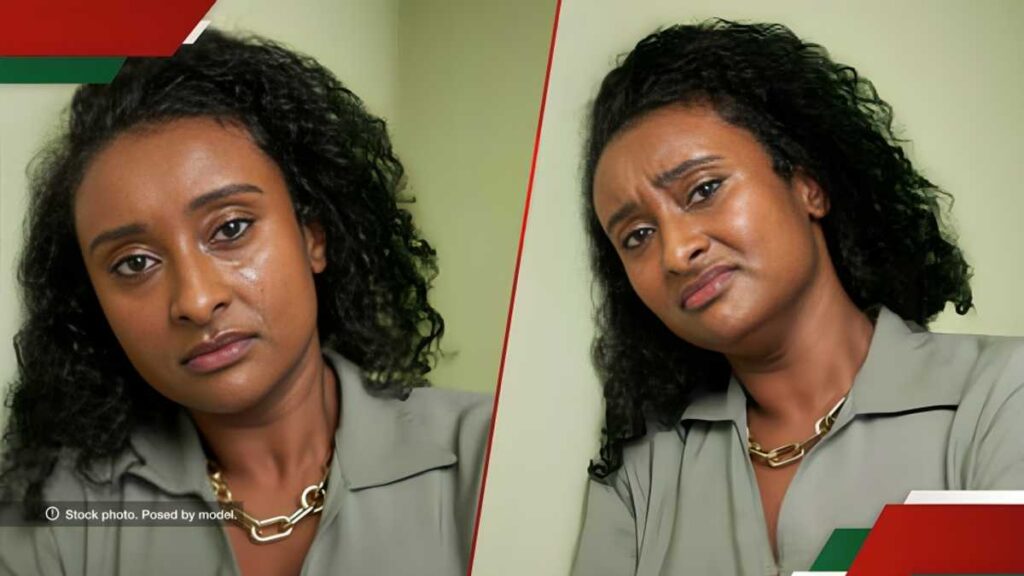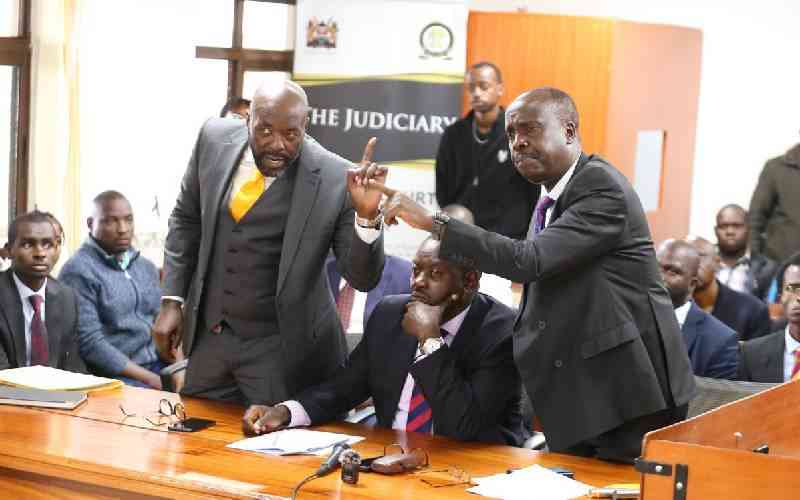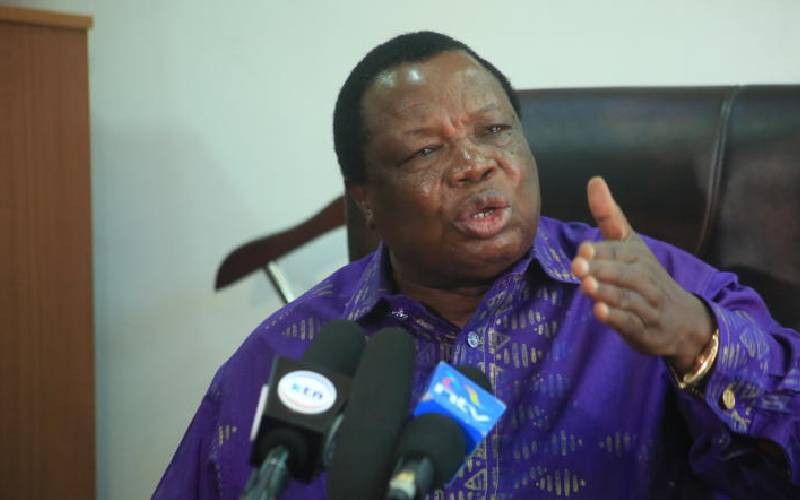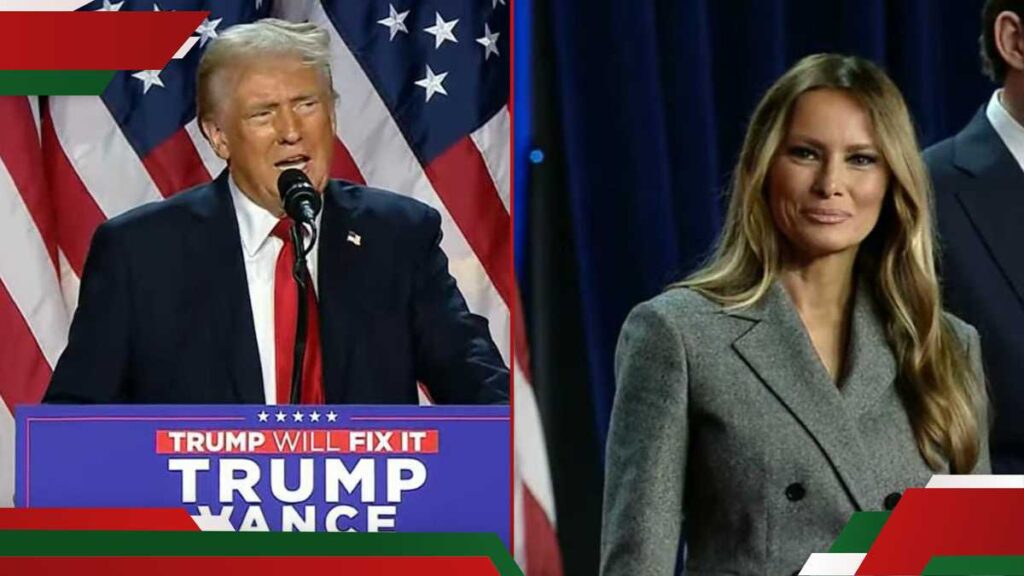Willis Okumu, the researcher at the center of a recent Deutsche Welle (DW) exposé on kidney trafficking, has called for a review of the Kenya Health Act of 2017, to seal loopholes exploited by a suspected syndicate linked to illegal organ donations.
Okumu, a senior researcher at the Institute for Security Studies (ISS), on Tuesday said some provisions of the Act regulating organ donations are ambiguous and open to abuse by criminal networks.
“The law needs to be changed to outrightly ban people from donating kidneys for money. In Europe, where most of the recipients come from, that is illegal,” said Okumu in on Spice FM.
“What’s happening here is an exploitation of a legal loophole. It is upon our legislators to seal those loopholes and to enforce those laws,” he added.
Dr. Willis Okumu: The syndicates carrying out organ trafficking in Kenya found a loophole in the law and have been successful because they have a huge network of brokers. #TheSituationRoom
Follow our live conversation on YouTube: pic.twitter.com/rUl6uSRYfP
— SpiceFM (@SpiceFMKE) April 22, 2025
The investigation by German broadcaster, DW revealed that foreign nationals were flying into Kenya for kidney transplants at Mediheal Hospital in Eldoret, which has since had its transplant services suspended.
Donors reportedly received up to Sh400,000 on the black market for their kidneys— a fraction of the amounts recipients pay for transplants, which can cost as much as Sh30 million in some countries.
“The Kenya-based German journalist who did the investigation discovered the illegal activity from YouTube videos of Germans, at the facility, thanking Kenyans for their generosity. Some say they had been on the waiting list for ten years, or had prior failed procedure,” claimed Okumu.
Kenyan law prohibits the sale or purchase of human organs, making it a criminal offense prosecutable in court.
However, Section 80 of the Kenya Health Act of 2017 allows for organ donations from living donors to relatives, provided there is written consent, a successful match, and medical clearance.
A Kenyan can also authorise organ donation after death through a written directive. Close relatives—such as a spouse, children, or parents may also give such authorisation.
According to the report, many foreign organ beneficiaries at Mediheal were not related to the donors, as required by law.
Mediheal has since denied any wrongdoing, stating that donors signed sworn affidavits to prove their close relationship with recipients, the hospital’s standard for verifying familial ties.
Last week, Health Cabinet Secretary Aden Duale appointed a committee to investigate Mediheal’s activities. The committee has 90 days to complete its probe.
Okumu now wants the government to expand the investigation beyond Eldoret to other parts of Western Kenya, which he believes may also be affected by the suspected organ trafficking network.
Stay informed. Subscribe to our newsletter








